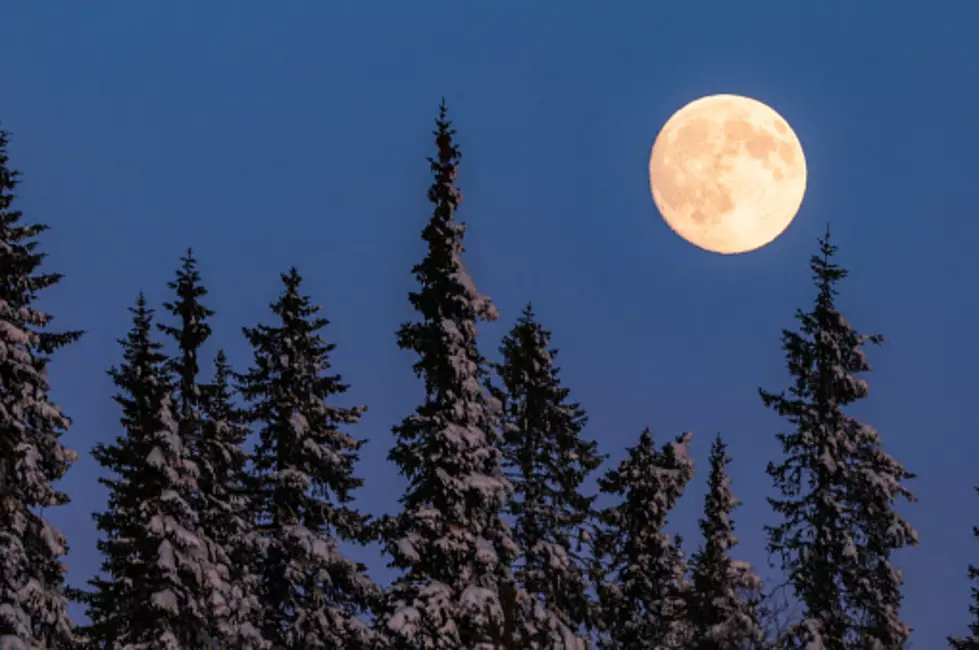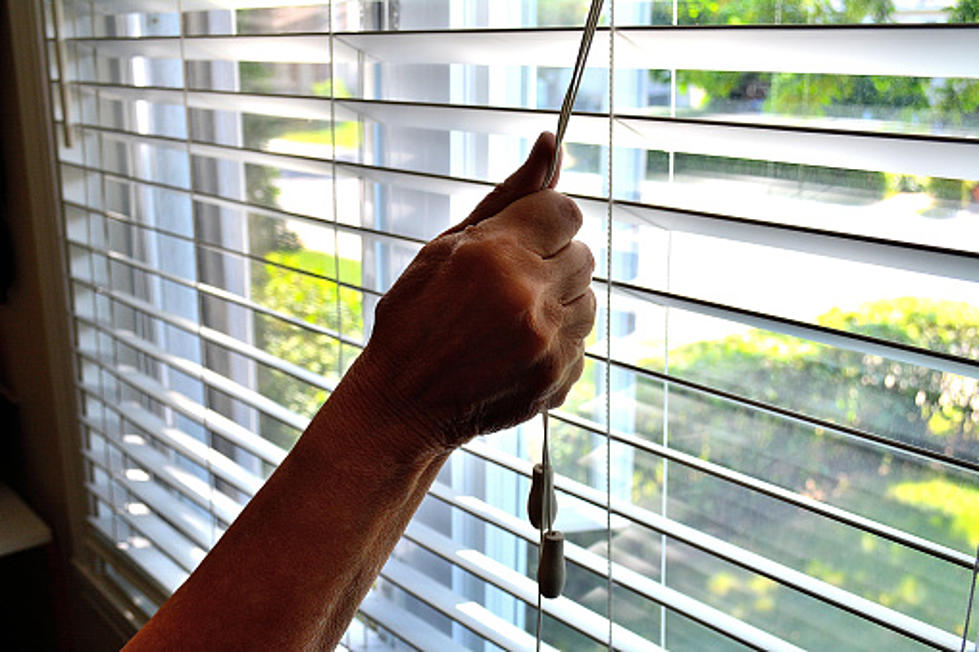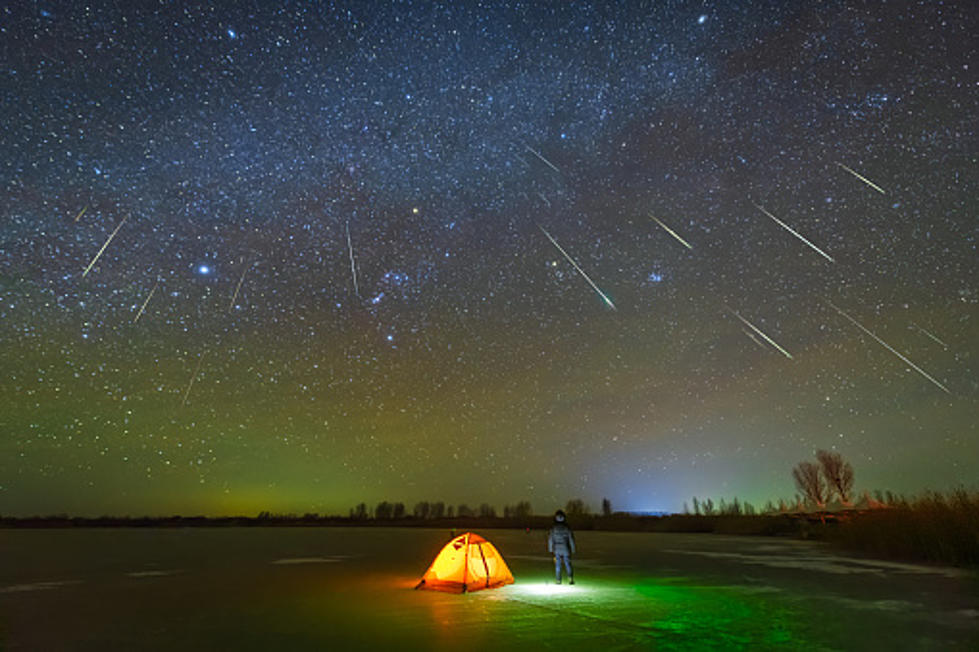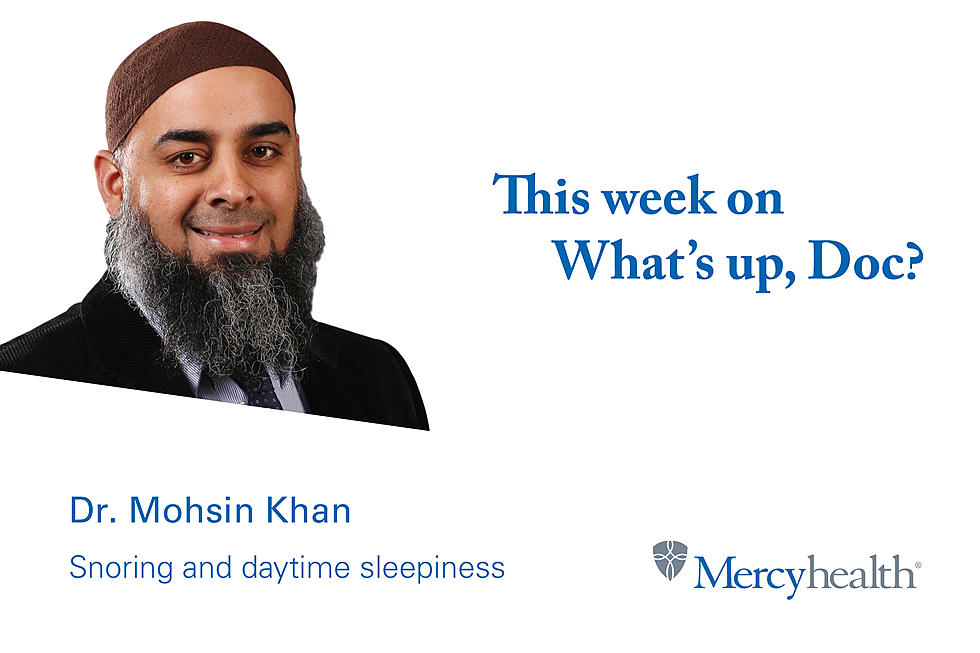
Sleeping Poorly? Science Says It’s Because Of An Upcoming Full Moon
Since most of the snowpack in and around the Rockford area will have melted away by the weekend, you'll need something to look at besides wet, brown grass. Luckily, the moon will provide a pretty cool distraction with what's called a "Snow Moon."
I really had no idea until last year that each full moon of the year (which happens monthly) is represented with its own name. We get names like Wolf Moon, Worm Moon, Strawberry Moon, and of course the ever-popular Beaver Moon.
EarthSky.org says that our next full moon, the Snow Moon, happens early Saturday morning, February 27th, appearing opposite the Sun in Earth-based longitude at 4:17 Rockford time. The moon will appear full for about three days around this time, from Thursday night through Sunday morning. If you've noticed, we've had remarkably clear skies around Rockford for the past few nights, and the moon has been exceptionally bright.
So, what does all this have to do with how you're sleeping?
If you have taken notice of the moon's brightness over the last few days, it might be because you're not sleeping very well this week. How do I know that? I just finished reading way too many articles that link an upcoming full moon to a poor night's sleep. Just like each full moon having a different name, I didn't know that either.
ScienceMag.org, in a piece entitled "Yes, You Can Blame The Moon For A Bad Night's Sleep," says in the days close to a full moon, people take longer to doze off, sleep less deeply, and sleep for a shorter time, even if the moon isn’t shining in their window. Weird, huh?
Back in the early 2000s, some scientists at the University of Basel in Switzerland, apparently sick and tired of anecdotal stories about poor sleep cycles around the time of a full moon, went all hardcore science on the topic and got a study going on the bad sleep phenomenon.
To make a long story short(er), they gathered a bunch of volunteers who were willing to have themselves all hooked up to all sorts of medical measuring devices while they slept for a few nights in a laboratory setting. As it turns out, those claiming to have bad sleep experiences around a full moon's appearance were actually right about it.
When the researchers investigated how sleep patterns changed during moon cycles, they found a striking association between poor sleep and lunar cycles. In the few days before and after a full moon, people took an average of 5 extra minutes to fall asleep, slept 20 minutes less per night, and had 30% less deep sleep, as measured by the EEG. Moreover, the volunteers recorded poorer sleep on a survey around the full moon.
Since you'll be sleeping terribly anyway, why not get up at 4:00 Saturday morning and have a look at the Snow Moon. You can sleep when it's gone.
READ ON: Weird, wild UFO sightings from throughout history
More From WROK 1440 AM / 96.1 FM









